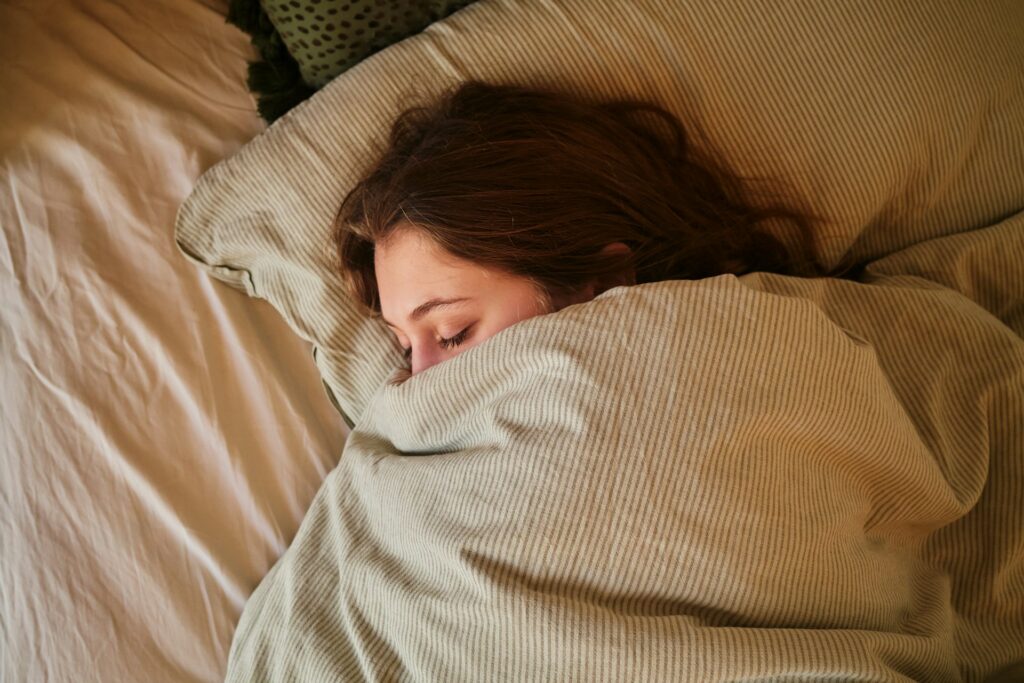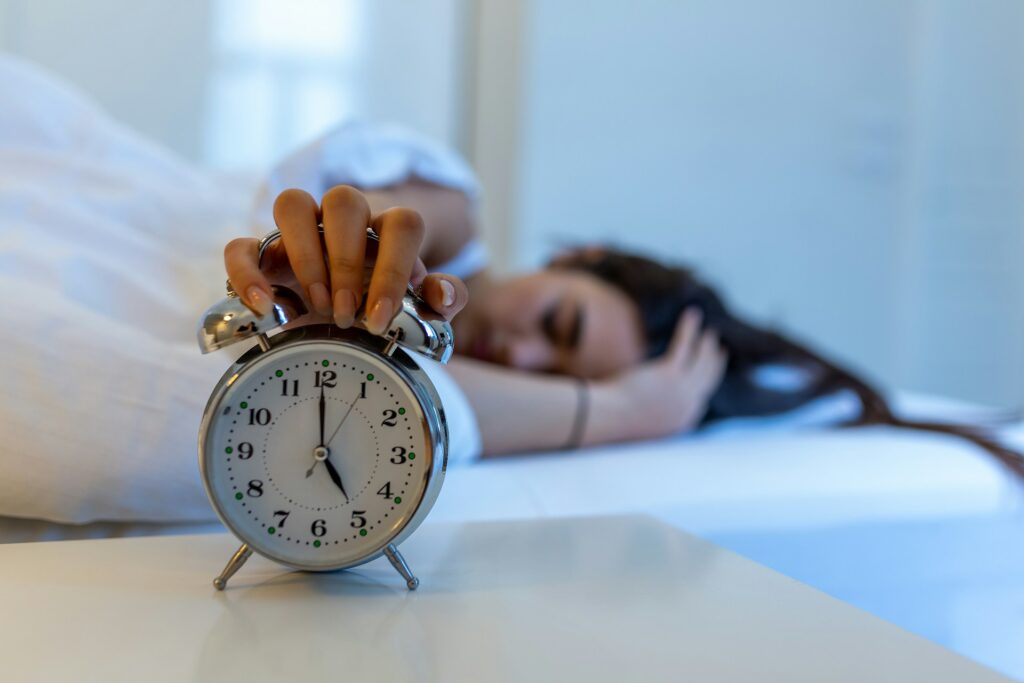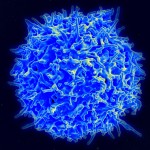Sleep deprivation can increase the risk of diabetes. Previous research has suggested that getting just 4-5 hours of sleep a night can increase type 2 diabetes risk by nearly 20%. But there is something that you can do to reverse the risk. According to a new study published in Diabetes Care, the increased risk for diabetes associated with short-term sleep restriction during the work week may be reduced with “catch up” sleep on weekends.

“In this short-term study, we found that two long nights spent catching up on lost sleep can reverse the negative metabolic effects of four consecutive nights of restricted sleep,” Josiane Broussard, PhD, assistant research professor in the department of integrative physiology at the University of Colorado, Boulder, said in a press release.
The study evaluated whether 2 nights of catch up sleep could reverse the negative effects of short-term sleep restriction on glucose metabolism. Researchers did 2 brief sleep experiments on 19 men. On one occasion, the volunteers were permitted just 4.5 hours of rest for four nights, followed by two evenings of extended sleep that amounted to 9.7 hours on average. On another occasion, the same men were allowed to sleep 8.5 hours for four nights. An IV glucose tolerance test was performed after each sleep period to evaluate insulin sensitivity, acute insulin response to glucose and disposition index (ie, insulin sensitivity times acute insulin response to glucose). Standardized meals were given 24 hours before each IV glucose tolerance test.
During normal sleep, participants slept an average 7.8 hours compared with 4.3 hours during sleep restriction and 9.7 hours during sleep recovery (P < .001). Researchers observed a 23% reduction in insulin sensitivity after sleep restriction relative to normal sleep; this was improved to similar levels of normal sleep after the recovery period.
Will extra sleep prevent diabetes?

This is one of the first well-controlled studies on the effects of sleep recovery on blood glucose regulation, using a relevant weekday-weekend sleep restriction-recovery design. Though this is evidence that weekend catch-up sleep may help someone recover from a sleep-deprived week, this was not a long-term study. We don’t know if the weekend sleep recovery is as effective when the weekday restricted sleep occurs repeatedly for long periods of time.
We need to wait for long-term follow up studies to see if the health benefits, particularly reducing the risk of diabetes, will be maintained with a life long habit of “catch up” sleep on weekends.




